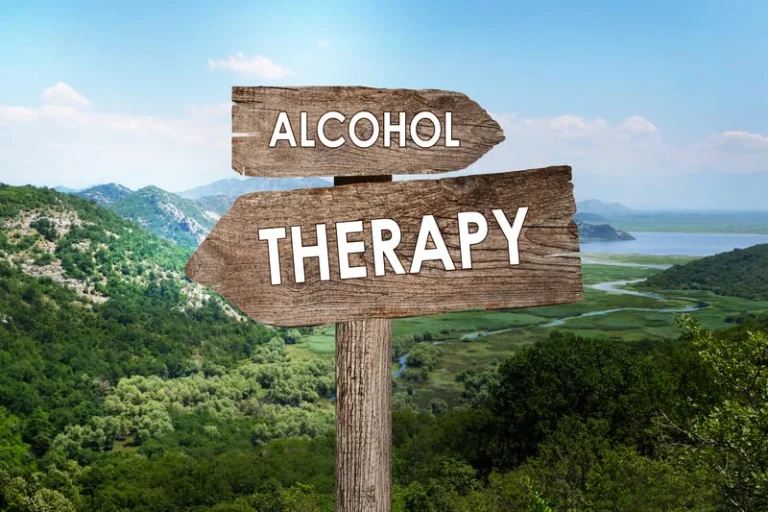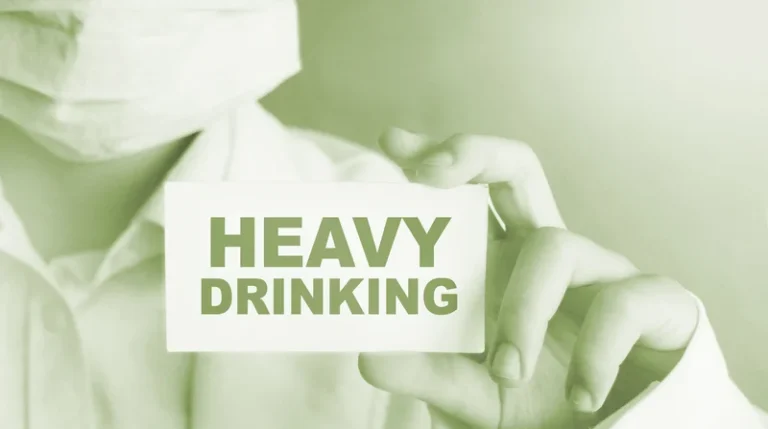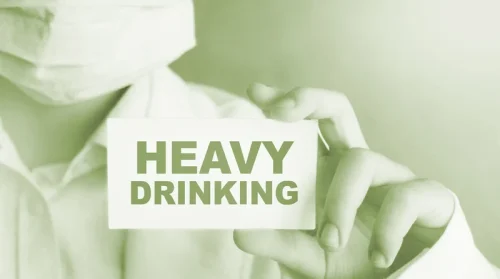
It absolutely impacts their long-term success,” explains Sylvie Stacy, MD, MPH, Medical Officer at Rehab.com. Are you in search of a life full of restored hope and fresh purpose? Our team will be glad to listen to your needs and help you with a plan for restoring your wellness. What sounds most natural to you will differ from Ronald’s – that’s okay! It’s one of the 12 steps that every AA member needs to complete. Not only does making amends help you get over past mistakes, but it also helps repair your relationships with other people.
- Support comes in the form of listening and setting boundaries,” explains Dr. Stacy.
- Telling your story can help you process emotions and experiences you may have suppressed or not fully addressed.
- The truth is, not everyone feels comfortable sharing their recovery story or even think it’s necessary.
- Talk about the journey in a way you feel comfortable sharing at your recovery meetings.
thoughts on “The Way Back from Mental Illness: 6 Reasons Why You Should Tell Your Story of Hope and Recovery”
Millions of Americans have struggled with substance abuse or alcohol addiction. Yet there continues to be mainstream silence on these issues because of the negative stigma surrounding drug addiction. Even those going through the recovery process keep silent due to fear and shame. Much as the first stretch of your story included the tale of your first encounter with drugs and alcohol, this stretch will include your sobriety date. You may even want to give your sobriety date when you very first begin telling your story, then recall it again when you get to it. Open by telling people how long you’ve been sober (something which will often be an inspiration in itself), and then consider the first stretch of your story as the lead-up to this moment.
Key Facts about Effective Communication in Recovery
Active listening is a cornerstone of effective communication, especially vital in the recovery process. This skill goes beyond simply hearing words; it involves fully engaging with the speaker to understand their emotions and intentions. By demonstrating genuine interest and concern, individuals in recovery can foster open and honest conversations with family, friends, and support networks. Telling your story publicly, or even to a single listener, is an act of vulnerability and courage. When you take this leap, you are taking a stand for your value as a person separate from your addiction.
- Your story has the power to humanize the struggle of addiction and give hope to those in the throes of it.
- In fact, if you’re in recovery yourself, sharing your story with others is one of the most important things you can do—stigma be damned.
- There are also many other benefits you may have experienced, such as new jobs, a new love, and repaired relationships with friends and family.
- This honest insight into your story can be constructive for someone just starting on their journey.
Don’t: Share Other People’s Stories

This means sharing the parts of your story that you are not proud of. Others need to see that you are not perfect and that you have made mistakes. We all make mistakes, but it is alcoholism treatment what we do after we make them that defines us.

Understanding the Detox Process at Samba Recovery
- Rachel Goldman, PhD FTOS, is a licensed psychologist, clinical assistant professor, speaker, wellness expert specializing in eating behaviors, stress management, and health behavior change.
- Laura’s reasons to live include her husband, their four children and five granddaughters.
- So while you don’t need to go through every minute detail, you should still endeavor to hit the major points.
- As such, you don’t want this part of your story to run more than half an hour, assuming that you are telling your story at an hour-long speaker meeting.
- In addition, you can work to reduce the stigma around addiction.
We’ll help you learn that the opposite of addiction is connection. We’ll give you skills to discover your self-worth and show you the tools for a life of hope and promise. Using ‘I’ statements is a powerful way to express emotions and thoughts without casting blame or judgment on others.

Share this Post
The joy of sobriety is that we do not need synthetic euphoria to deal with life’s problems. This may not sound like sharing your story to help others the light at the end of the tunnel, but it is the closest that some will ever get. When discussing repaired relationships, do not make yourself out to be a deity in the eyes of your children. The focus should be on the improvements to your principles; you should not be simply feeding your egoist personality. You may discuss the newfound joys in your life, such as the manner in which embracing the First Tradition has put an end to your previous state of isolation. There are also many other benefits you may have experienced, such as new jobs, a new love, and repaired relationships with friends and family.
This entry was posted on Viernes, octubre 6th, 2023 at 10:52 am
You can follow any responses to this entry through the RSS 2.0 feed.
Posted in: Sober living
